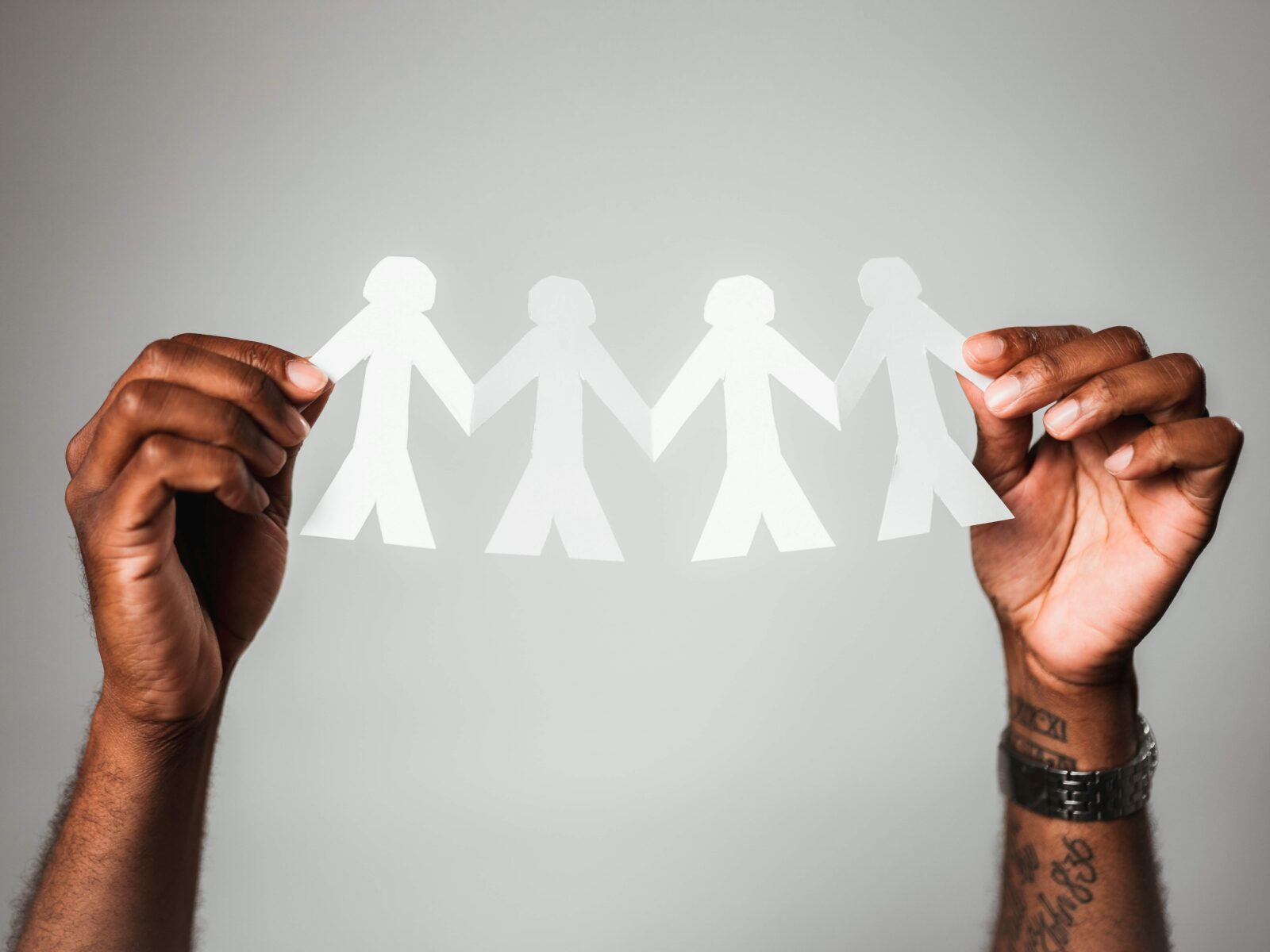I Must Go: MLK’s Radical Commitment to Collective Liberation
By: Dr. Sharon R. Fennema, Curator, Join the Movement toward Racial Justice

By: Dr. Sharon R. Fennema, Curator, Join the Movement toward Racial Justice

This year, I’ve already encountered beautiful and powerful reflections from a variety of movement-makers (here’s one example) highlighting King’s radical critique of militarism, especially the cost and reach of US imperialism through violent collaboration with other imperial forces around the world, as fuel for understanding and considering our own contemporary context and response to it.
Yet what draws me this year is a story I encountered in King’s autobiography from the time of the Birmingham Campaign in 1962-63. As Easter approached in 1963, King and his comrades were in the midst of a vigorous campaign of boycotts, sit-ins, and protests in Birmingham that they had spent over a year preparing, organizing and training for. Hundreds of arrests had been made and over 300 protestors still remained in Birmingham jails awaiting bail and release when news came to the chief organizers that the bondsman who had been furnishing bonds for the protestors would not be able to continue. Those imprisoned would remain and any further arrestees would have no assurance of being bailed out – placing a serious damper on the highly effective campaign. As the organizers discussed an upcoming act of civil disobedience on Good Friday in which King was to take part, King describes a sense of doom pervading the room. One of the participants finally gave voice to what many were thinking, saying “Martin, you can’t go to jail…If you go to jail we are lost; the battle of Birmingham is lost.”
In the silence that followed, King went into another room to consider his options. He describes the moment this way:
I walked to another room in the back of the suite, and I stood in the center of the floor. I thought I was standing at the center of all that my life had brought me to be. I thought of the twenty-four people, waiting in the next room. I thought of the three hundred, waiting in prison. I thought of the Birmingham Negro community, waiting. Then my tortured mind leaped beyond the Gaston Motel, past the city jail, past the city and state lines, and I thought of the twenty million black people who dreamed that someday they might be able to cross the Red Sea of injustice and find their way into the promised land of integration and freedom. There was no more room for doubt.
I whispered to myself, “I must go.”
And go he did. He was among 50 people arrested that Good Friday and was held in the torture of solitary confinement until Easter Sunday when he was finally able to speak to his lawyers. They told him that Harry Belafonte had managed to raise enough bail for everyone who was imprisoned. King was eventually released after 8 days in jail.
We are often taught to imagine King as a singular leader, a lone visionary, a unique and individual figurehead of the struggle for Civil Rights. But this story reveals a leader who is so invested in collective liberation that he can’t help but join others who are putting their bodies on the line. This mutuality, this collective vocation calls him to be responsible to the ones who have been leading the way with their nonviolent actions and taking the full force of white supremacy’s resistance to the dream of freedom. He refuses to use his privilege as a nationally known figure to protect him from the risks and demands of solidarity. What if this commitment to collective liberation was the legacy we chose to live into this MLK Day? What if we understood this courageous embrace of the risks and demands of solidarity as the work of being a member of the Body of Christ? Where are we being compelled to respond, “I must go?”
There is no shortage of freedom struggles, no lack of people dreaming of crossing the Red Sea of injustice in our day. From Sudan to the DR Congo, from Palestine to Ukraine, may we follow in the footsteps of Martin Luther King, Jr., joining the movement toward collective liberation and finding our way together to the promised land of freedom.
Read more reflections on King’s leadership and legacy from Faith and Leadership:
SHARE THIS NEWS ARTICLE
Read one theological expression from enfleshed on what collective liberation means and then take some time to discover your own understanding.
Take action for Collective Liberation!
Sign up to receive alerts about new stories and resources. You’ll also enjoy our Join the Movement newsletter, featuring changemaker profiles, reflections on current events in the movement toward racial justice, and more. Get sneak previews and information about upcoming events, workshops and webinars.

